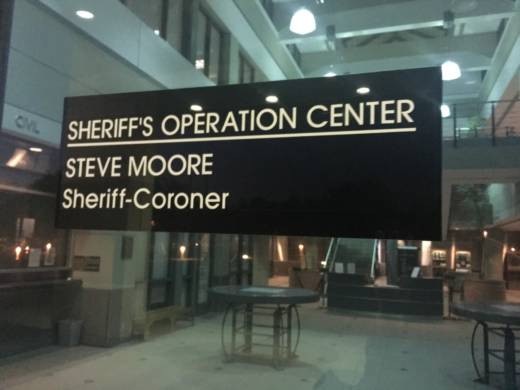Gov. Jerry Brown vetoed a bill Tuesday that would have required six counties in California to change how they investigate sudden, suspicious or violent deaths, including deaths that happen during arrest or in jail or prison.
State Senate Bill 1303 would have forced non-charter counties with more than 500,000 residents to establish a medical examiner’s office to investigate deaths.
But in his Sept. 18 veto message, Brown wrote, “Counties have several options when delivering coroner services to the public. This decision is best left to the discretion of local elected officials who are in the best position to determine how their county offices are organized.”
The bill’s author, state Sen. Richard Pan, responded Wednesday, “I am disappointed in the veto because it would have been an important step in ensuring the integrity of autopsy reports and achieving justice for people across California.”
In seven of California's largest counties — including San Francisco, Santa Clara and San Diego — a medical examiner, who is also a physician, investigates deaths. In the majority of other counties, that job falls to a coroner, who is also the elected sheriff.
